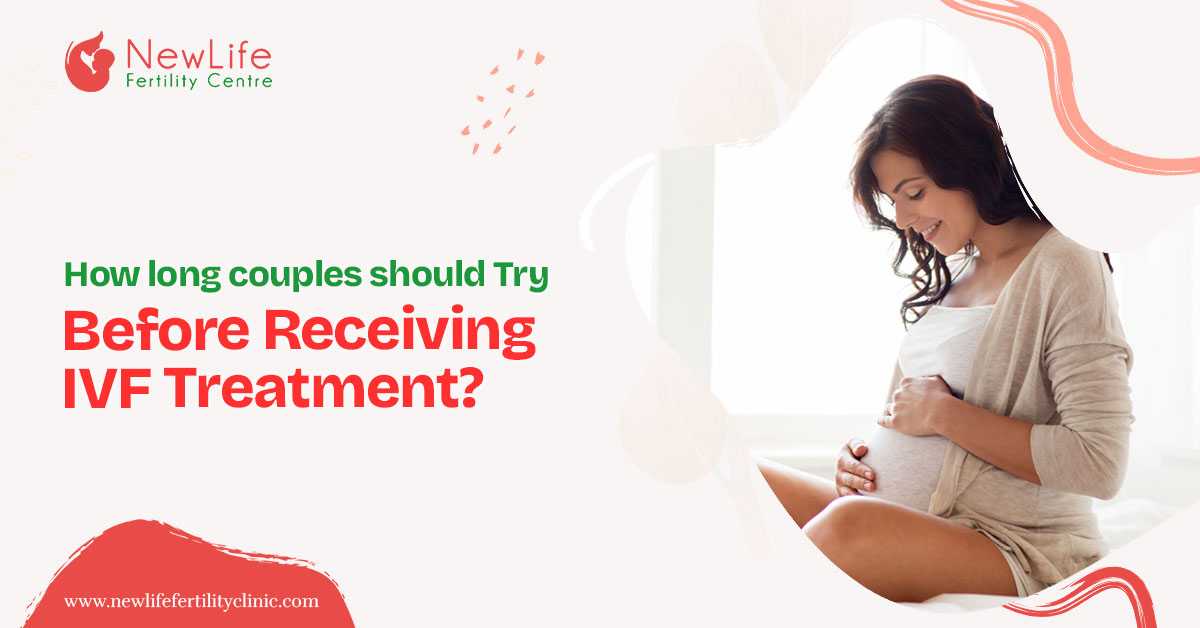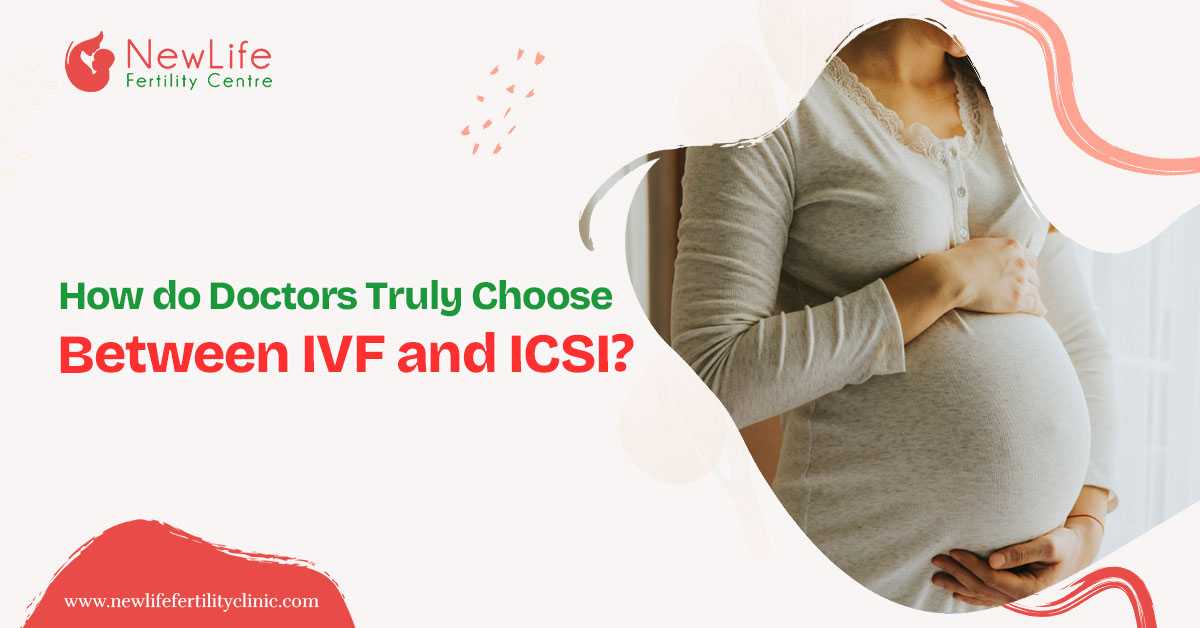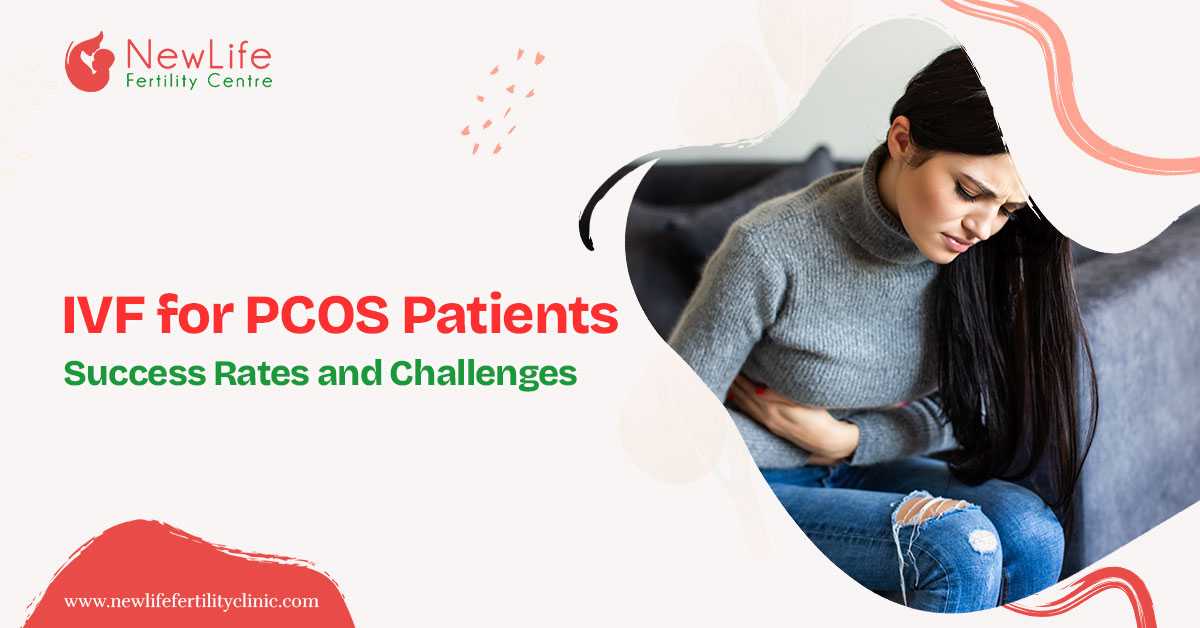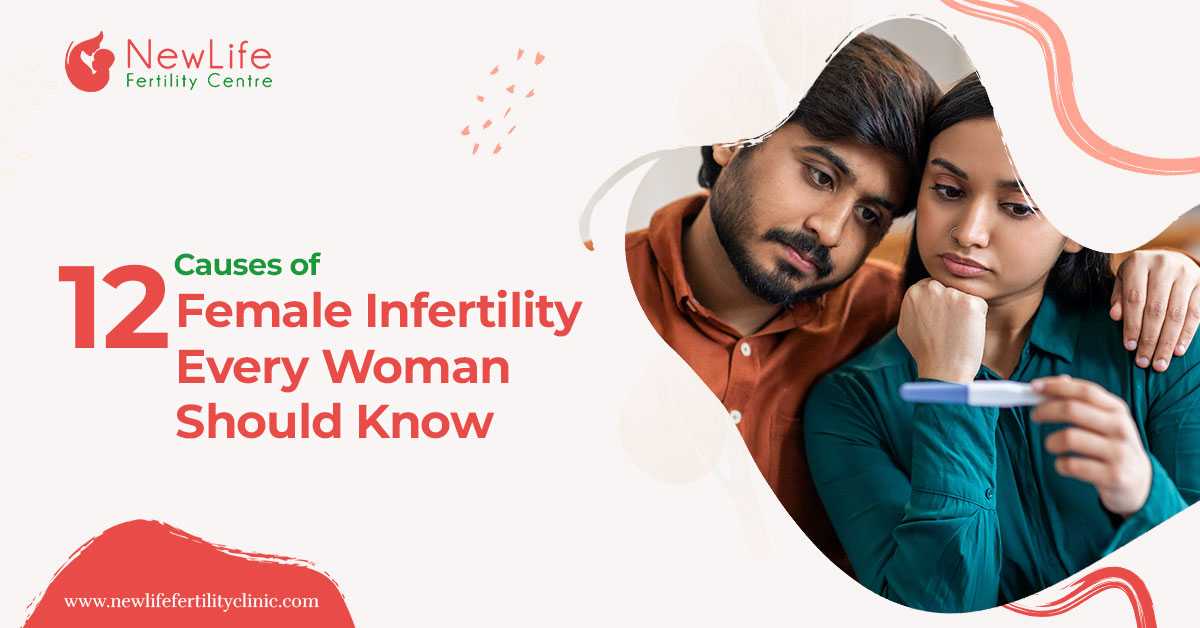Around the world, a considerable number of women struggle with infertility. The process of becoming pregnant is a time of uncertainty, feelings, and questions for many people. Gaining knowledge about the potential causes of female infertility can empower you to seek the appropriate assistance and increase your chances of getting pregnant.
This blog talks about 12 common reasons for female infertility that every woman should be aware of. You are also going to know advice on how to diagnose the condition, available treatments, and lifestyle changes that may help you. Receive support from the leading infertility specialist in Siliguri at Newlife Fertility Centre or near you.
1. Ovulation Disorders
You must know that ovulation issues are among the most frequent reasons for infertility in women. A woman's chances of getting pregnant are low if she ovulates irregularly or not at all.
Among the potential causes of ovulation disorders are:
-
PCOS, or polycystic ovary syndrome
-
Unbalanced hormones
-
Thyroid conditions
-
Stress or abrupt weight fluctuations
Your gynecologist may recommend lifestyle modifications like stress reduction and weight control, or they may give fertility medications (like Clomiphene Citrate) to induce ovulation.
2. Polycystic Ovary Syndrome (PCOS)
A hormonal condition known as PCOS affects millions of fertile women, keeping them from conception. Multiple ovarian cysts, irregular periods, and an overabundance of male hormones (androgens) are all symptoms of this condition.
The reason PCOS impacts fertility is that it frequently hinders the maturation and regular discharge of eggs, which makes conception more challenging.
Insulin-sensitizing medicines (such as Metformin), weight control, lifestyle modifications (diet, exercise, and stress management), or fertility pharmaceuticals are available as medical care.
3. Endometriosis
Another major reason for female infertility is endometriosis, a chronic condition. When tissue that resembles the lining of the uterus grows outside of it, doctors call it endometriosis. Inflammation, discomfort, and the development of scar tissue are all possible outcomes of this illness.
Scar tissue can obstruct the fallopian tubes, degrade eggs, and cause implantation issues. Options for treatment include fertility medications, assisted reproductive technologies (ART) such as IVF or surgery to remove scar tissue.
4. Blocked Fallopian Tubes
Because the fallopian tubes connect the ovaries to the uterus, they are necessary for fertilization. Blockages may affect the fertilized egg's journey to the uterus or the sperm's ability to reach the egg.
Reasons for blocked fallopian tubes:
-
Inflammatory illness of the pelvis (PID)
-
Prior abdominal or pelvic surgery
-
Endometriosis
Gynecologists may order an ultrasonography, laparoscopy, or hysterosalpingography (HSG). Your treatment options include IVF to avoid the tubes or surgery to fix them.
5. Hormonal Imbalances
From ovulation and menstruation to pregnancy and menopause, all are regulated by hormones. Changes in hormone levels, whether caused by stress, food, lack of sleep, or else, can interfere with fertility.
Typical hormonal problems include:
-
Thyroid dysfunction or disorder (hypothyroidism or hyperthyroidism)
-
Elevated levels of prolactin
-
Low levels of progesterone
Medication, hormone therapy, and lifestyle changes may be used as remedies for imbalances found by blood testing.
6. Uterine Fibroids
Noncancerous growths in or near the uterus are called uterine fibroids. Depending on their size and location, these growths may have an impact on fertility and are very common in women of reproductive age.
Large or numerous fibroids may cause uterine cavity distortion, implantation difficulties, blockage of the fallopian tubes, et al., while small fibroids are less likely to even cause any symptoms or problems. Treatment options include medication, non-invasive techniques, myomectomy, or surgery.
7. Premature Ovarian Insufficiency (POI)
When ovaries cease to function normally before the age of 40, it is referred to as POI, commonly known as early menopause. Period irregularities or cessation of menstruation are possible outcomes for women with POI.
Reasons:
-
Genetic components
-
Autoimmune diseases
-
Radiation or chemotherapy
Due to the limited likelihood of natural conception, IVF and egg donation are frequently advised by infertility or IVF specialists.
8. Pelvic Inflammatory Disease (PID)
Sexually transmitted infections (STIs) such as gonorrhea or chlamydia are usually the cause of PID. It is an illness of the female reproductive system. PID's effects on fertility include adhesions, scarring, and obstructed fallopian tubes.
Prevention and treatment include using antibiotics for active infections, treating STIs early, and engaging in safe sexual behavior. If you notice lower abdominal or pelvic pain, painful sex, fever with chills, discomfort while urinating, unusual vaginal bleeding, etc., inform your gynecologist fast.
9. Age-Related Infertility
The fact is, naturally, a woman's fertility decreases with age, specifically after the age of 35. Both the quantity and quality of eggs have decreased, which is the cause of this decline.
Some insights:
-
Natural conception rates sharply decline after age 40.
-
Chromosome abnormalities and miscarriages are more prevalent.
IVF, donated eggs, or fertility preservation (egg freezing) might be beneficial in such instances.
10. Lifestyle Factors
Your daily routines and lifestyle decisions can also affect your fertility. Even while certain elements might not seem like much, they add up to a big impact.
Risk factors:
-
Alcohol use and smoking
-
Lack of exercise and a bad diet
-
Elevated levels of stress
-
Excessive use of caffeine
You can take steps to reduce fertility risk by adopting a healthy lifestyle, eating a balanced diet, exercising occasionally, and practicing good stress management.
11. Autoimmune Disorders
Fertility may be impacted by specific autoimmune illnesses. In this case, your immune system unintentionally targets your body's tissues, including the reproductive organs, under certain circumstances.
As examples:
-
The Lupus
-
Hashimoto’s thyroiditis
-
Antiphospholipid syndrome
Inflammation, low-quality eggs, and trouble maintaining a pregnancy are all factors that affect fertility. Medical care options include immunosuppressive medications, hormone replacement therapy, and careful pregnancy monitoring.
12. Cervical Problems
Cervical issues can occasionally lead to infertility, and for instance, sperm cannot reach the egg if cervical mucus is very thick.
Potential reasons:
-
Infections
-
Prior cervical procedures
-
Low amounts of estrogen
For this health condition, treatment options include artificial insemination (IUI), fertility medications, or cervical surgery.
Though infertility can seem overwhelming, the first step in discovering answers is to understand its causes. Infertility can be caused by a variety of circumstances, including lifestyle choices and ovulation abnormalities.
With the correct care, many women go on to have safe pregnancies, and fortunately, modern medicine offers excellent solutions. Do not be afraid to consult your infertility specialist in Siliguri or near you if you are worried about your ability to become pregnant. Talk to your doctor.






